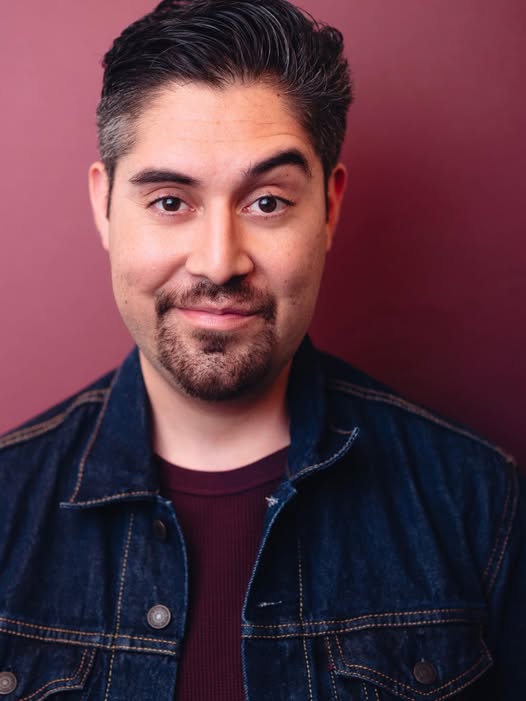Cristian Guerrero shared their story and experiences with us recently and you can find our conversation below.
Cristian, really appreciate you sharing your stories and insights with us. The world would have so much more understanding and empathy if we all were a bit more open about our stories and how they have helped shaped our journey and worldview. Let’s jump in with a fun one: Who are you learning from right now?
Everyday I coach or teach acting, I am actively learning at the same time. The process of discovery, patience, perseverance, trial and error, beautiful failure, deserved achievement, the grey area in between with my students of all ages and levels of experience is a gift each and every single day. Guiding, encouraging, and building their process and tool belt in their acting technique and craft is a constant reminder of my own tool belt and skills as a coach and teacher, but as an actor myself. In at artistic sense, it is a joy to see them soar in performance. At the end of the day, their job as an actor is to the story to the best of their ability. I get the privilege of watching process and growth. Specifically with my advanced/intermediate level adult student. Right now, they are teaching me the true meaning of grace, poise, open mindedness to their instructor, to each in other and truly embracing each student with support and encouragement (no toxic competitiveness energy in the room because of the way they are choosing to show up), and kindness, gentleness to themselves. Acting is not for the faint of heart. How they are actively choosing hard work, accountability to each other and themselves, and working extremely hard teaches me the work is never ending. It a choice and practice.
Can you briefly introduce yourself and share what makes you or your brand unique?
Hi! I’m Cristian Guerrero (he/him), a Queer Mexican-American actor, playwright, and screenwriter who somehow ended up doing all the things no one in my family does. Truly—no one. I got the rare, non-repetitive gene that said, “Let’s make life harder… and onstage with a lot production value in front of thousands of strangers!”
I stumbled into the arts completely by accident as a kid. It wasn’t a master plan—I just happened to fall in love with performing, storytelling, and the electric feeling of a community coming together to make something out of nothing. I’m the first in my family to attend university (BFA in Screen Acting from Chapman University) and I later trained at the National Theater Institute at the Eugene O’Neill Theater Center as a Lin-Manuel Miranda Family Fellow. So yes, somehow the kid who couldn’t sit still in class ended up performing at The Public Theater in New York City this past summer. Life’s funny that way.
My work lives at the intersection of humor and heartbreak—I love exploring the messiness of being human: identity, grief, joy, queerness, hope, and the constant search for connection. I’m drawn to projects that amplify diverse voices and new perspectives, and I believe theater and film should make people feel seen.
I’m also the founder and owner of The Cristian Guerrero Studio, a global acting and audition coaching company that focuses on mental wellness for the performer. I coach clients across the U.S., U.K., Canada, Mexico, and Japan, helping actors find freedom, truth, and confidence in their work (and reminding them they’re enough—even on off days).
As an actor, you might’ve caught me on ABC, Disney Channel, Lifetime, CBS, or in national commercials. Onstage, some of my favorite roles include Spring Awakening, The Last Five Years, Twelfth Night, Anna in the Tropics, and Disney’s Newsies.
My original play, The Five O’Clock Mambo, was recently selected to be showcased at The Public Theater as part of the Lin-Manuel Miranda Family Fellowship Summit, and I’m currently developing a new play in early stages as well as a solo show coming later this year.
At the end of the day, I’m just a storyteller who believes in the power of empathy, community, and conversation. The work I love most doesn’t just entertain—it reminds people that they’re not alone.
Thanks for sharing that. Would love to go back in time and hear about how your past might have impacted who you are today. What was your earliest memory of feeling powerful?
I grew up doing TV, film, and commercials since I was four years old. Honestly, I don’t have many memories where performing wasn’t the main focus of my life. By the time I hit junior high, I was a fully bonafide theater kid—Drama Club President, Choir President, cast in every play and musical, competing in scene and monologue competitions, and part of an advanced vocal jazz ensemble that toured internationally. I was basically the male Rachel Berry from Glee (and with perspective, probably just as obnoxious—thank you to my friends for putting up with me).
In high school, I started writing and directing, but deep down, I didn’t feel like there was a place for someone like me to make something for people like me. There was a missing piece.
When I was 17, my mom sat me down in front of the TV for a documentary she had recorded on TiVo (yes, TiVo—let’s take a moment). I probably made some excuse about being late to rehearsal (which, let’s be real, I never was), but she insisted. She pressed play on PBS’s In the Heights: Chasing Broadway Dreams.
It was the first time I was introduced to Lin-Manuel Miranda. I didn’t blink, move, or breathe. Watching him—this Latino creator writing and performing a story rooted in his own culture—changed everything. My world opened up. My mom asked why I was crying, and I told her, “That. That is what I will do with the rest of my life.”
The next year, I co-wrote, directed, and starred in my first original musical, Mad World, inspired by Lewis Carroll and his writing of Alice’s Adventures Underground (better known as Alice in Wonderland). On closing night of that first high school production, I stood there at curtain call and finally understood what power meant. Power wasn’t being center stage with a spotlight and a big belty song—it was standing there, performing words I had co-written, in a show I directed, and sharing that with the most important scene partner of all: the audience.
That’s when I realized—power is connection in theater. And that’s the gift I’ve been chasing ever since.
Mad World went on to be developed with The Festival of New American Musicals and The Beverly Hills Playhouse, received the Wonderland Grant from the Lewis Carroll Society of North America, and won Best Production at the Kennedy Center American College Theater Festival in 2018 following its full production at Ball State University’s Discovery New Musical Theatre Festival.
That moment at 17, sitting on my couch watching Lin-Manuel Miranda on PBS, set everything in motion. It reminded me that my story—and stories like mine—deserve to be told.
When did you stop hiding your pain and start using it as power?
I’ve always been an emotional person—sensitive, passionate, a little extra since birth. A lot of that came from losing my dad when I was seven years old. At a really young age, I was forced to confront emotions most adults spend decades avoiding. I felt everything—the highs, the lows, the grief, the joy—and art became my outlet. Movies, music, theater… those were the worlds where I could disappear for a while, where I could breathe.
I was perceived as hyper, loud, dramatic, “too much”—and maybe I was. But I also just had a lot of feeling and nowhere to put it. Being on a set, in an acting class, in rehearsals, or onstage gave me a place to channel all that energy into something beautiful. It gave my chaos purpose.
The real turning point—when I stopped hiding my pain and started using it—came from one of the greatest teachers I’ve ever had, Professor Michael Nehring, at Chapman University. He was the reason I chose to get my BFA in Acting there. The first day I met him, he asked why I wanted to be an actor. Eighteen-year-old me said, “Because I get to be someone else other than me.”
And he just smiled and replied that acting is an opportunity to take all parts of you—even your flaws—and be brave enough to share them with an audience. To use them to tell the story magnificently. That changed my perspective on the why of what I do.
That cracked something open in me. Through training with him, I began to understand sadness, loss, anger, and grief not as weaknesses—but as tools.
In one of his classes, Character Building, he assigned me a scene as Peter Pan, specifically the moment when Peter flies into the nursery and meets Wendy for the first time. I was confused—me, Peter Pan? But Michael looked at me and explained “Peter is an orphaned boy on the brink of puberty who was abandoned by his parents, who doesn’t shower, fights for survival every day, and has no concept of what a normal childhood looks like. Oh, and he can fly.”
That was the lesson. Learning to fly.
In the midst of all that, I began to open up in my playwriting and libretto writing about pain I had never put words to—or hadn’t yet been willing to share. Writing became an empowering and healing way to confront those experiences through the characters and worlds I was creating.
In my most recent play, The Five O’Clock Mambo, the lead character—who happens to be a playwright—is asked, “Are you a character in any of your plays?” He responds, “I think all playwrights are characters somewhere in their plays.” And I think that’s true. As both a playwright and an actor, I get to explore what it means to be human through theater. It’s the greatest connector—I can reach people, onstage or through my writing, and not feel isolated or misunderstood in my own humanity.
Now, acting and playwriting aren’t therapy. I have a therapist for that. But I’ve learned from great mentors how to use life experience intentionally and healthily, so that the work doesn’t destroy me every time I visit it. That’s an ongoing process. The characters and worlds I create aren’t diary entries, but I’d be lying if I said they didn’t hold pieces of me—of the times that broke me, shaped me, and made me stronger.
That’s why I have such deep admiration for theater artists. It’s one of the most vulnerable and necessary jobs there is. We hold up a mirror so people can see themselves more clearly—and sometimes, that’s how we all get through the pain.
Next, maybe we can discuss some of your foundational philosophies and views? Is the public version of you the real you?
Yes. The public version is the real me. For someone who has spent most of their life figuring out how to believingly play someone they are not, I am a terrible liar. I am not ashamed to admit that I wear my heart on my sleeves. That’s the way I’ve always been. I am a pretty open book once you get to know me and connect with me. Having started to work professionally at a young age, I had a crash course of how to “turn it on” because it was a necessity. I think that goes for any professional in any industry. I do not think you “lose yourself” by having a certain demeanor or mindset when working, it’s just an awareness for the space you are in and who your audience is. For instance, on-set or in-rehearsal I’ve been told I have resting you know what face. And I don’t do it on purpose. That is me trying to maintain focused and quiet so as not to distract others in their process. Spacial awareness. When I’m teaching acting class to kids, there is my teacher voice that is louder and more charismatic because that keeps their engagement. Very different to my adult clients. And in my personal life, I’m quieter than I am in public because I’m not performing or trying to hold the attention of a room full of people. So it is me, it just depends on what I’m doing and where.
Okay, so let’s keep going with one more question that means a lot to us: What are you doing today that won’t pay off for 7–10 years?
Right now, I’m rebuilding my sense of self-worth, value, and esteem outside of my work. I love what I do—deeply and passionately. Even through the lows, rejections, and tests of commitment to the art form, this career has given me years of smiles, lessons, discoveries, redirections, disappointments, triumphs, beautiful failures, and incredible people I’ve met along the way.
For a long time, what I did was my identity. Take all of that away, and I didn’t know what I had left to say about myself. That realization was terrifying.
In starting to coach actors of all ages and skill levels 1:1 through my company, The Cristian Guerrero Studio—a service centered on acting, audition coaching, and mental wellness for the performer—I began to recognize how often we, as artists, define ourselves by our titles. Yes, it’s a job. But the nature of the work requires us to be experts on ourselves—to stay curious about how we evolve, change, and grow so that we can better understand the characters we play. It’s deep work.
For years, I believed the lie that I was nothing without being called an actor or a writer. That’s not true. I am that—and more.
Lately, I’ve been taking private time for me: to grow, to release, to learn. My mantra has become, “Rushing is a reaction. Patience is presence.” I’m learning to find joy in the day-to-day—in small things I once overlooked, in my relationships, in stillness, and in activities that keep me grounded and full.
Right now, I’m dating me. And that’s a good place to be. Because when the beautiful chaos of the next chapter arrives—and it will—I’ll meet it with a stronger foundation, a steadier heart, and a deeper sense of self. Those fruits will take years to grow and blossom, but you’re welcome future Cristian for putting in the work now.
Contact Info:
- Website: https://www.mrcristianguerrero.com
- Instagram: @mrcristiang
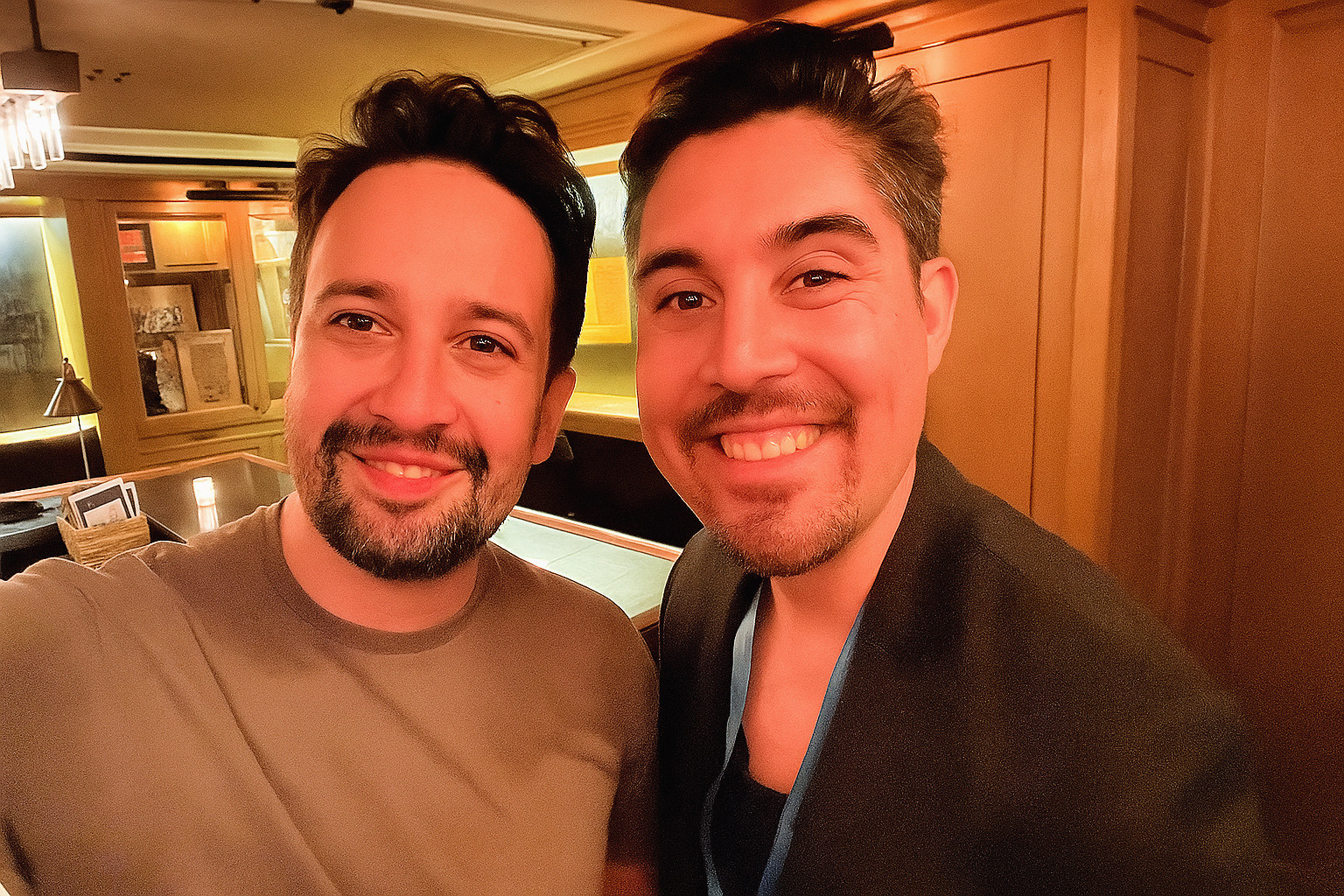
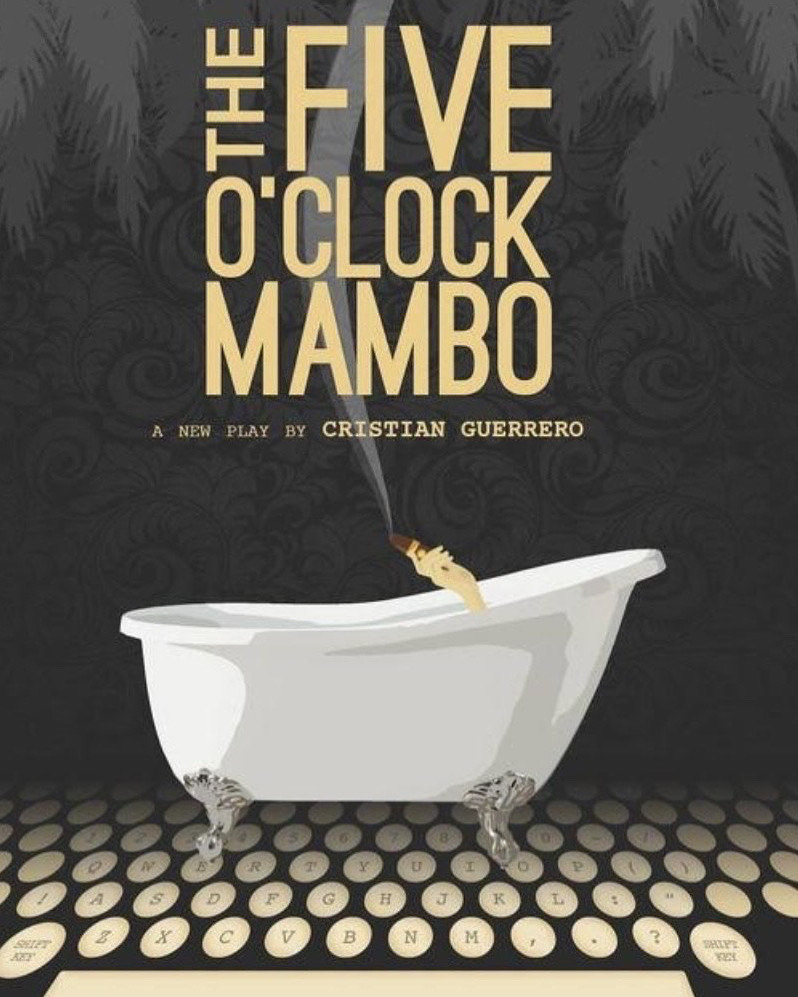
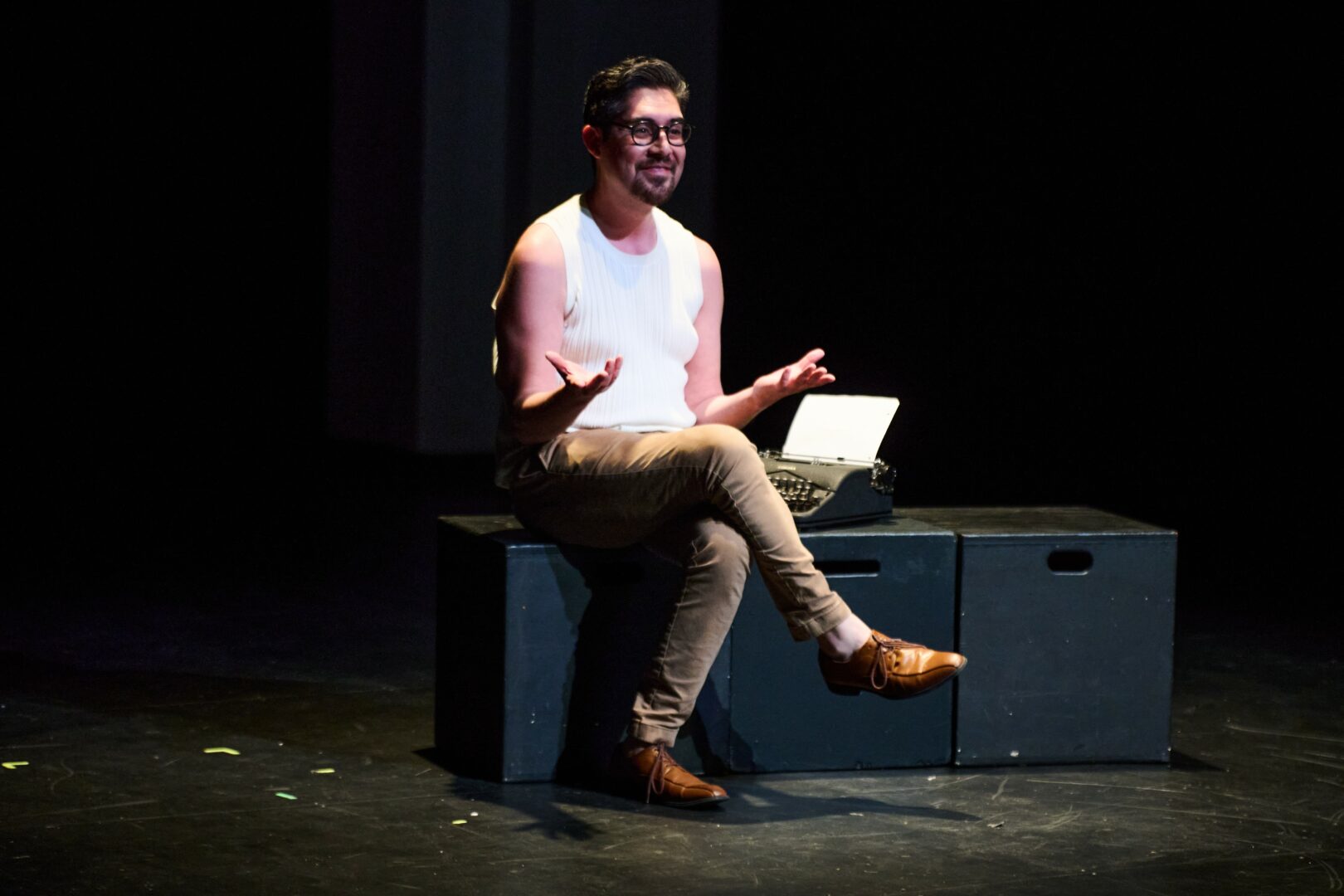
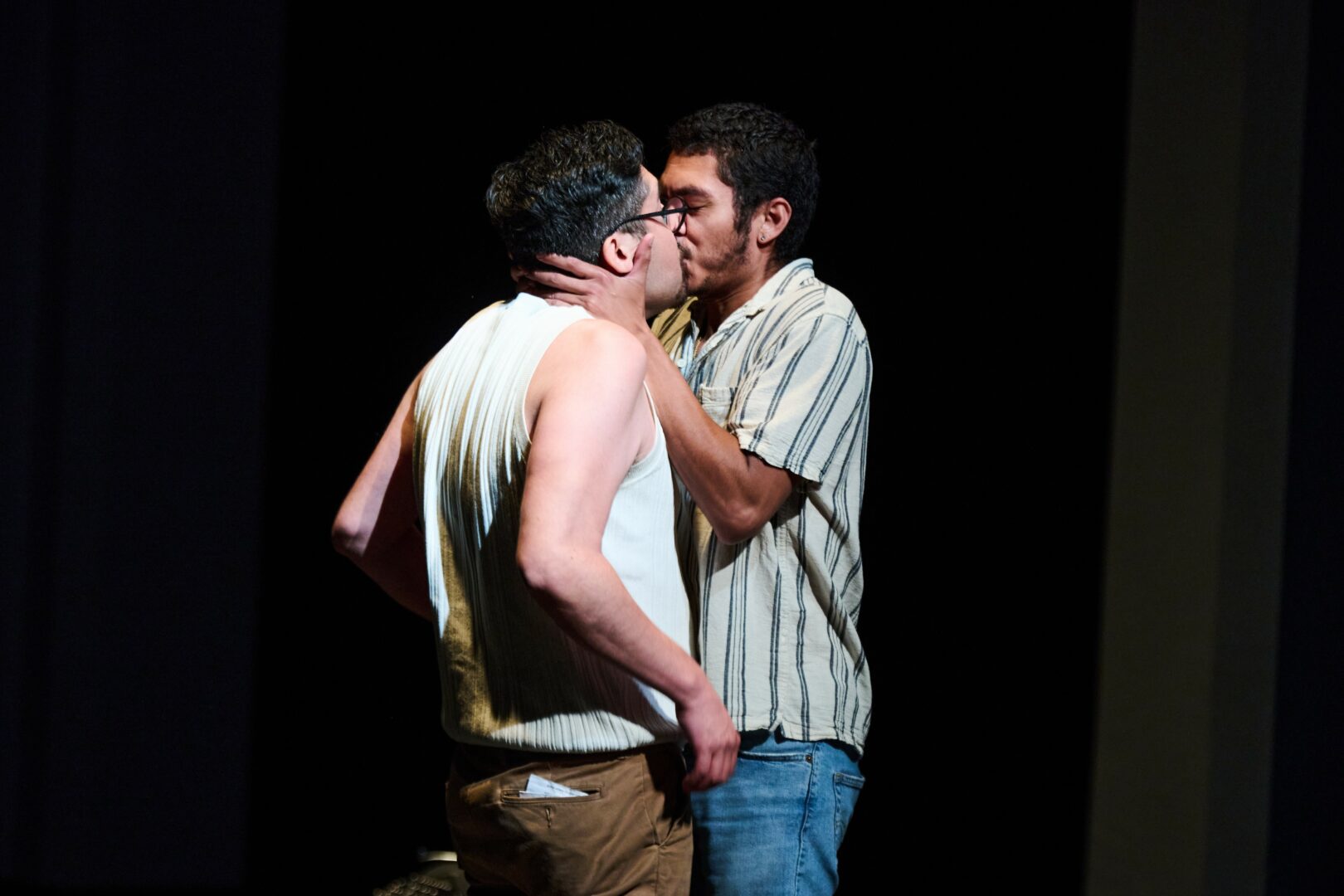
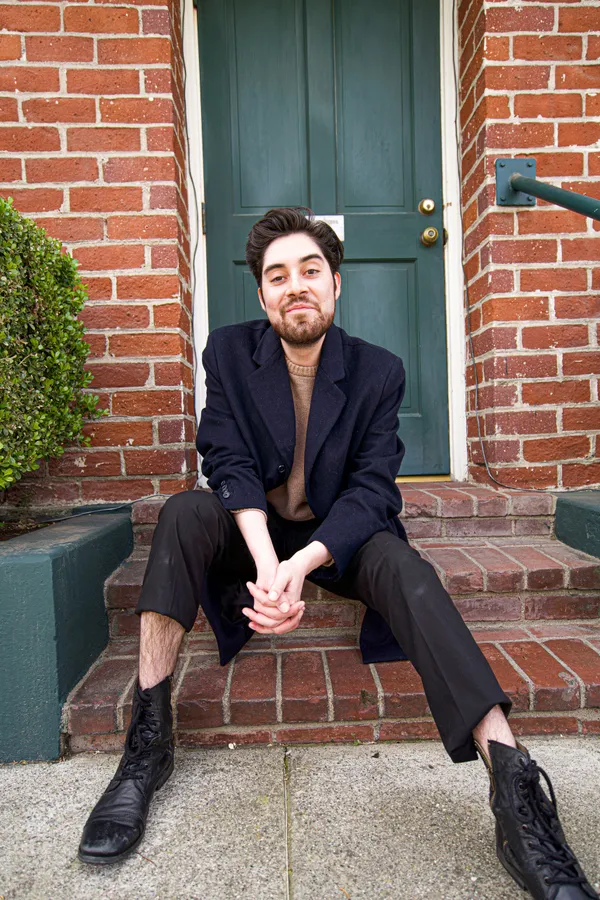
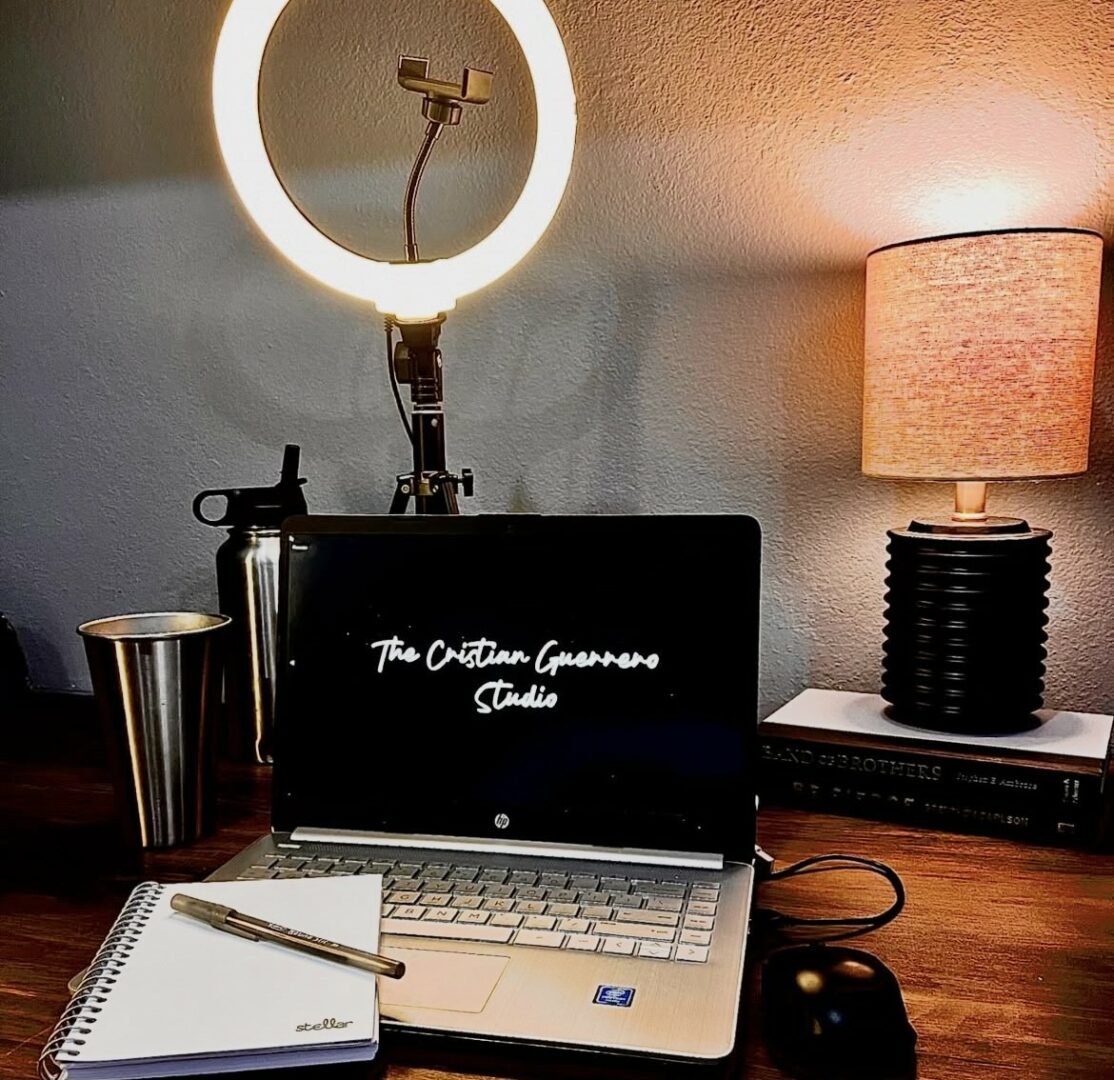
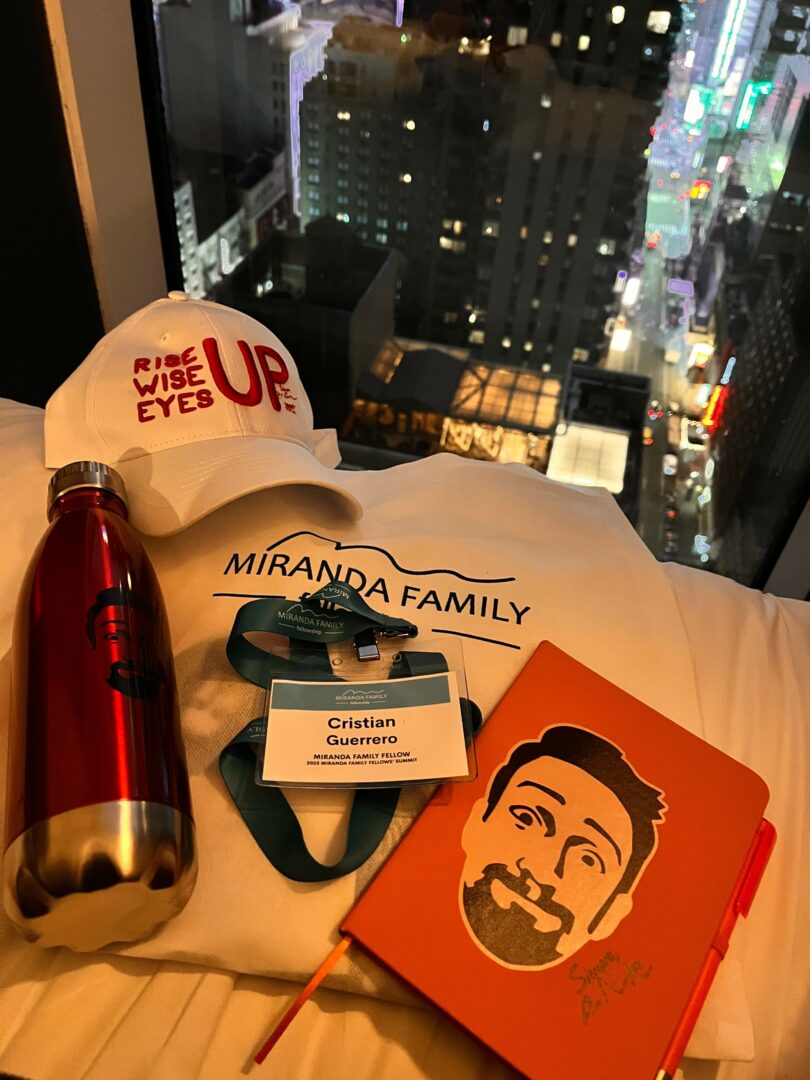
Image Credits
Jenny Anderson Photos (The Five O’Clock Mambo Stills)
Jackie Abbott (Headshot)
so if you or someone you know deserves recognition please let us know here.

